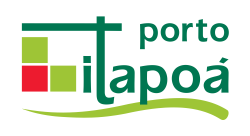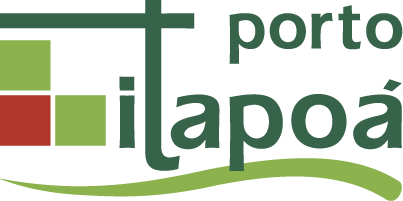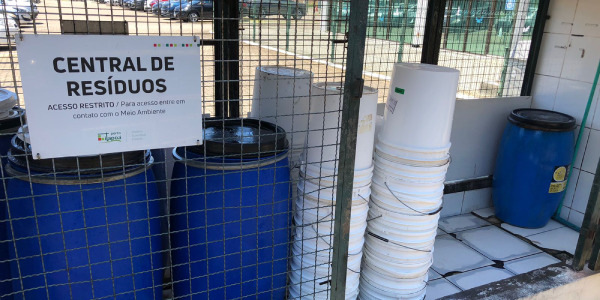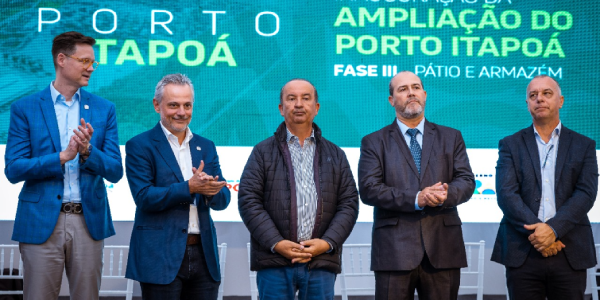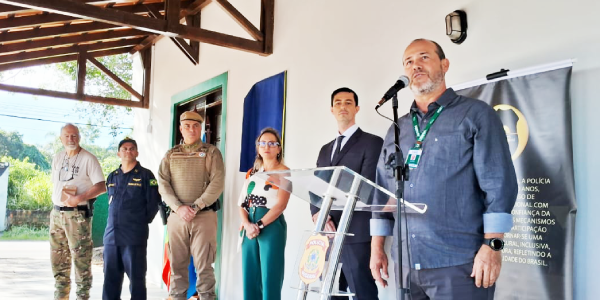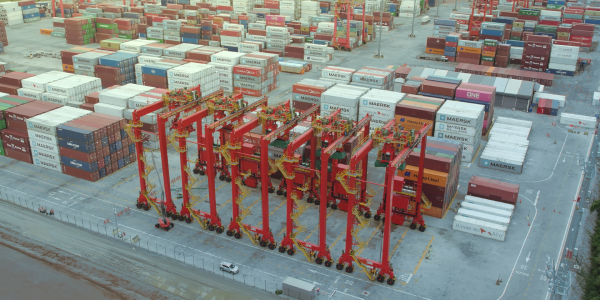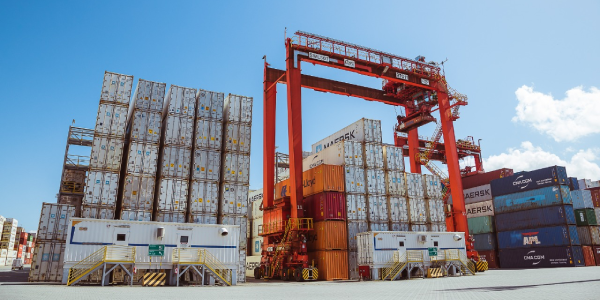
Porto Itapoá breaks the handling monthly record for the third time in 2023
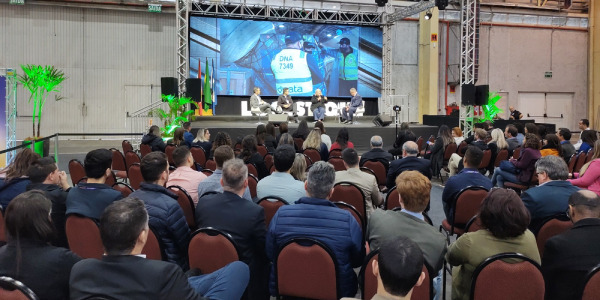
Porto Itapoá sponsors Logistique 2023
Solution for organic waste prevented more than 13 tons of waste from being diverted to landfills in 2023 alone. The initiative has already been awarded by the industry and generates fertilizer for the local community
Porto Itapoá eliminates the disposal of garbage to landfills
Porto Itapoá became a Terminal with “zero landfill” status and is a reference in sustainability. All solid waste generated by the company – which is traditionally sent to sanitary or industrial landfills – is now sent for recycling and co-processing.
The key point is a solution for organic waste: a treatment station that uses the accelerated composting method to turn the material into fertilizer. As a result, more than 13 tons of organic waste were diverted from landfills. “In 2023 alone, we generated more than five tons of this organic compound. The material is distributed to the local community of Itapoá, which uses it as fertilizer for plantations and gardening,” explains the director of Operations, Environment, and Technology of Porto Itapoá, Sergni Pessoa Rosa Jr.
The solution for the Terminal’s organic waste is developed by the company Organa Biotech and is well-recognized by the market. They were the winners of the Supplier Day 2022 Award, promoted by the BMW group to celebrate initiatives committed to sustainable mobility and social responsibility among its suppliers. The port of Santa Catarina is the only company in the logistics and foreign trade sector to be among the competitors in the sustainability category. “With this initiative, we also stopped emitting over 17 tons of CO2 into the atmosphere and avoided the use of over 1,200 plastic bags this year alone”, Rosa Jr. adds.
Non-organic solid waste
The other residues are also destined for recycling, having more noble destinations as a by-product for the industry. An example is civil construction waste, such as remains of bricks, cement, and pavers, which are crushed and used by the industry as aggregate for concrete or even for the manufacture of new pavers.
The metallic material is sent to the metal recycler and, later on, to the foundry, gaining a new life in this segment. Contaminated materials are processed and become compost for cement manufacturing. Wood, paper, and cardboard also find a new useful life with appropriate destinations in the industry.
According to Porto Itapoá’s Environment manager, Christiano Berthier, these solutions are in accordance with the company’s guidelines, which makes it a reference in sustainability. “We understand that caring for the environment has a direct impact on the health and quality of life of all of us,” Berthier says.
Another important initiative is the Menos Um Lixo campaign, in which the company distributes a retractable and reusable silicone cup to its employees, suppliers, and partners to avoid the use of traditional plastic cups. Thus, in the Terminal alone, the use of around 60,000 units per month is avoided.
